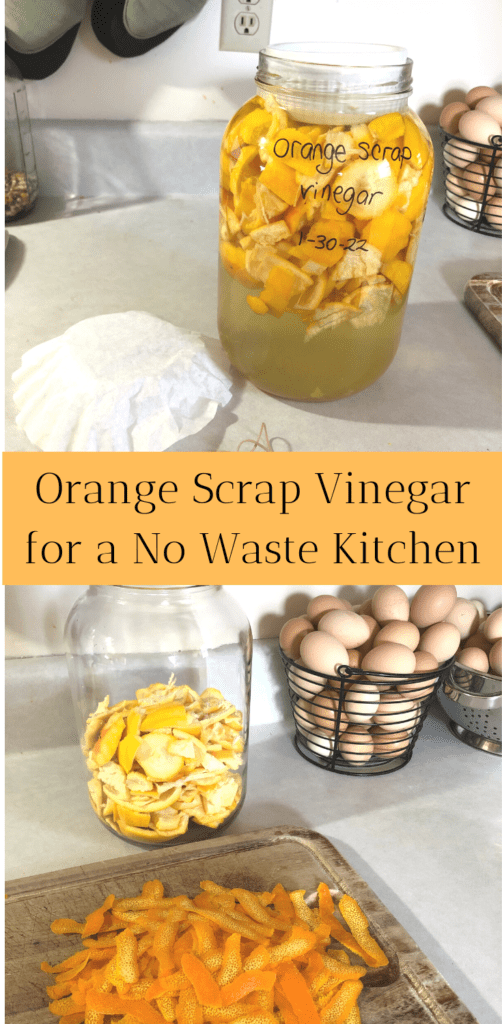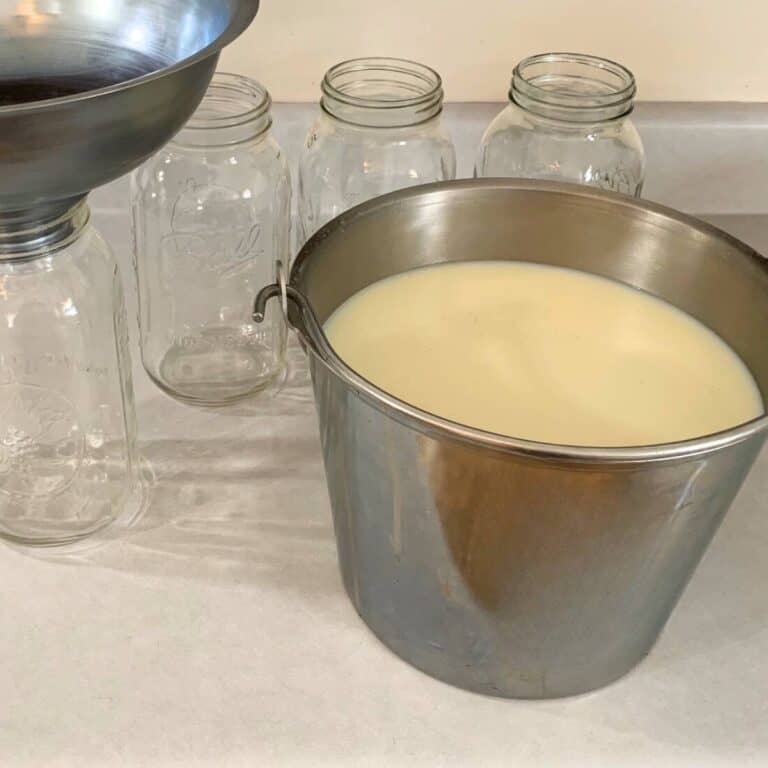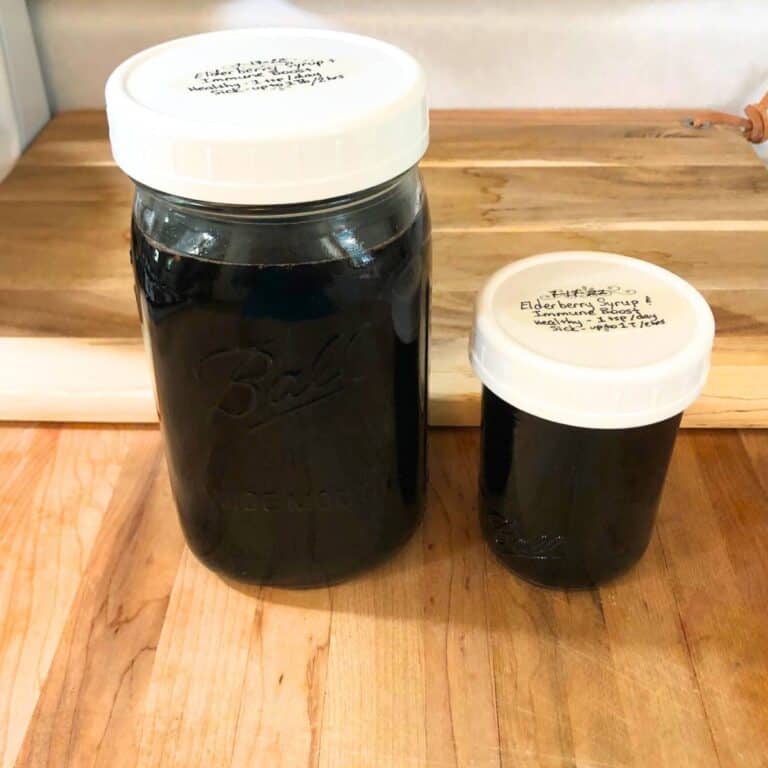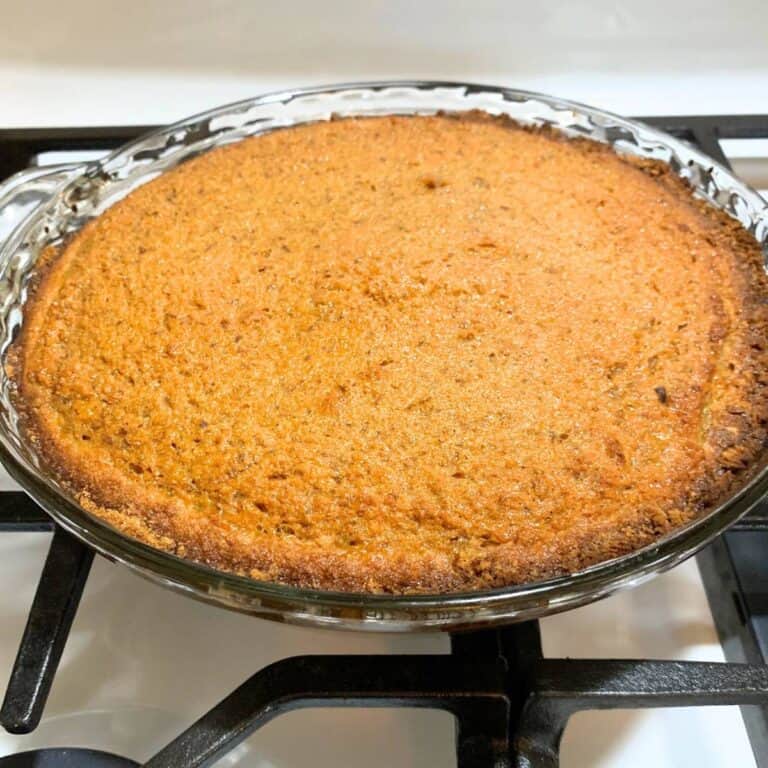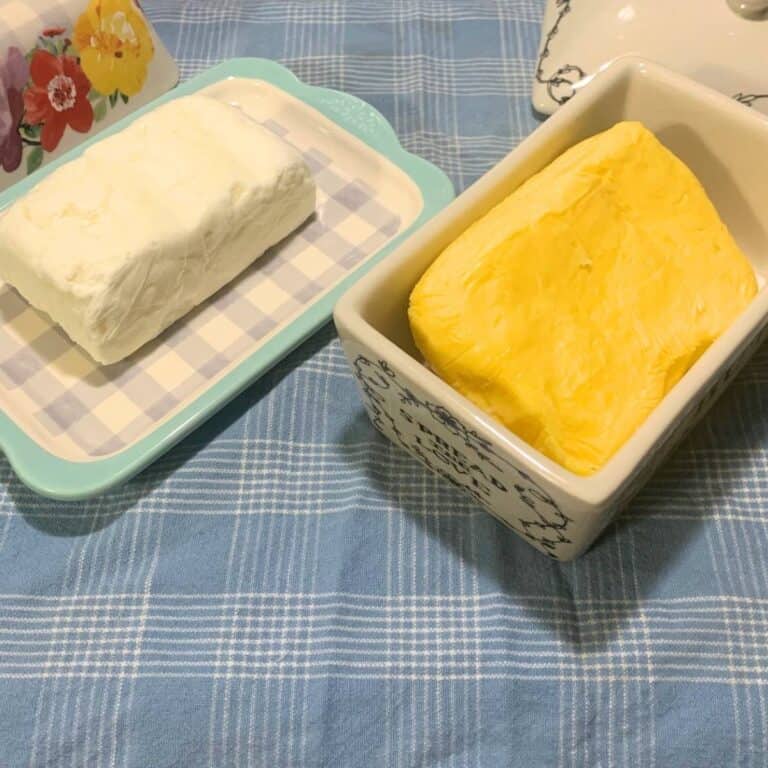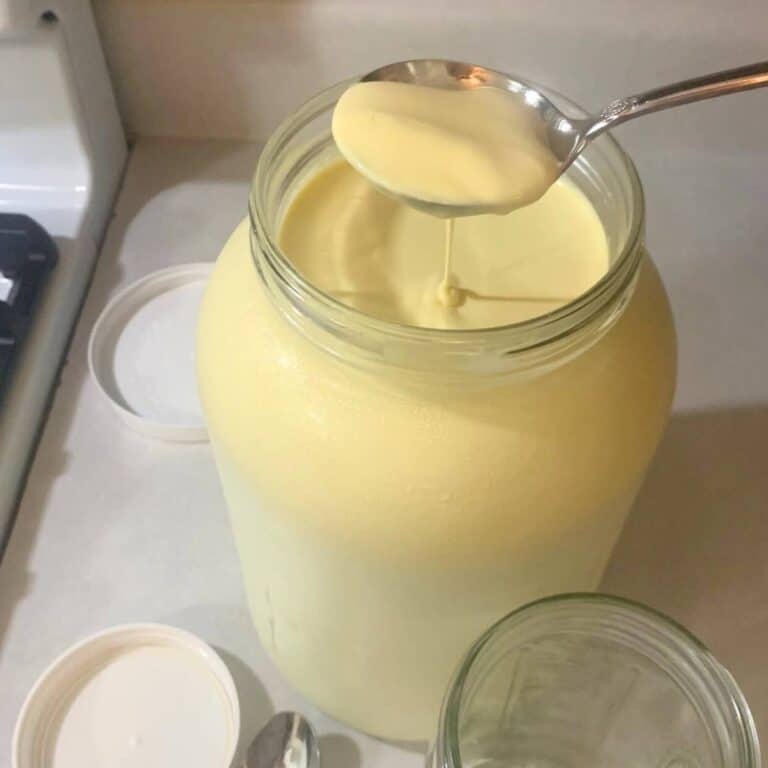Orange Scrap Vinegar for a No-Waste Kitchen!
This orange scrap vinegar will make you feel like a hero for turning your waste into something usable and healthy. Orange zest is delicious in baked goods, and orange juice is great all by itself. But did you know that the scraps can be turned into gut-healthy and probiotic rich orange scrap vinegar?
And don’t throw out the fermented peels at the end of the process. They make a great healthy treat for pigs!

What is an economical, no waste kitchen?
Part of having an economical, no waste kitchen means that we shouldn’t waste anything. We have to be good stewards of what resources we have, which is even more important when our money isn’t going as far as it used to.
We like to buy organic citrus in bulk when it’s in season directly from an Amish farm. Buying it in bulk and in season means it’s cheaper overall which stretches our dollars. Since citrus ripens during the winter months, we keep our boxes of citrus in our cool mudroom until we are ready to enjoy them.
Another way you can stretch your dollars is by zesting the oranges, freezing the zest for later use, and making orange scrap vinegar from the scraps! You can make vinegar with any fruit or vegetable scraps and even with edible flowers and herbs.
Of course you’ll also want to enjoy eating the flesh of your oranges or use it to make marmalade.
If you buy organic citrus, you don’t have to worry about washing off wax, pesticides, and other chemicals. However, if buying organic isn’t in your budget, don’t worry! Just scrub your citrus with a solution of baking soda and water before you zest it.

You can use your frozen zest to make orange poppy seed bread or add it to pies, or other baked goods like scones or muffins.
With four kids, we usually go through oranges pretty quickly. I keep a sandwich-size bag of orange zest in my freezer and add to it every time I zest an orange until I fill it up.
You can also keep the pithy orange peel scraps in the freezer and collect them over time until you have enough to start a batch of orange scrap vinegar.
And don’t throw out your fermented orange peels at the end of the recipe! The fermented peels are a wonderful and healthy treat for pigs. This is TRULY a no-waste kitchen recipe.
Here is how I make my orange scrap vinegar.
How to Make Orange Scrap Vinegar
To make orange scrap vinegar, fill a glass jar half way with orange scraps, some sugar, and filtered water. Then stir it, cover it with a coffee filter, and let it sit for 30 days with a daily stir. There are some essential extra details that you should also follow, though.
This orange scrap vinegar recipe easily doubles, so feel free to start a gallon jar if you have enough scraps!
Ingredients
- Scraps from 6-8 large oranges
- 1/4 cup cane sugar
- unchlorinated, filtered water (Note: If all you have is tap water, just fill a pitcher and let it sit out overnight. The chlorine will dissipate.)
Supplies
- half-gallon glass mason jar
- zester or vegetable peeler
- chopstick or butter knife
- fermenting weight or ramekin
- coffee filter or scrap of cloth
- rubber band
Instructions

First, zest or peel the thin, orange skin from your oranges. Save the flavorful zest in your freezer for future baking use.

Add the pithy peels to the half-gallon glass mason jar. This is the orange scraps you will use for making your orange scrap vinegar.
Then add 1/4 cup of sugar to the jar, and fill it the rest of the way with unchlorinated, filtered water. Take a butter knife or chop stick to stir the ingredients until the sugar is dissolved.
Add a coffee filter or piece of clean cloth over the top opening of the jar, and wrap a rubber band around it. Set the jar out of direct sunlight, and stir it every day for 30 days. You can also add a fermenting weight or small ramekin to the inside of the jar to keep the contents from floating to the top.
The mixture will turn into hooch (an alcoholic liquor) within 5 to 7 days, and then it will continue to ferment until it reaches vinegar in about 30 days. You can get pH test strip paper from Amazon or possibly your local hardware store to test the acidity after 30 days, but as long as you keep the jar between 50°F (10°C) to 70°F (20°C), it should smell and taste like vinegar after 30 days.
After 30 days, strain out your orange scrap peels and decant your homemade vinegar into a clean glass jar with a lid. You should store your vinegar in a dark, cool pantry until you’re ready to use it.

The beauty of making homemade vinegar is that it will have the “mother” in it! The “mother of vinegar” is the prized gelatinous disc that develops on top of your vinegar when it sits undisturbed. The disc, or “flower,” is a combination of cellulose, yeast, and bacteria.

The longer your vinegar sits, the thicker the disc will become. As soon as you shake or jostle the jar, though, the disc will fall to the bottom of your jar.
The mother is a biofilm that is full of good bacteria that are responsible for turning alcohol into vinegar.
Recipe for Orange Scrap Vinegar

Orange Scrap Vinegar
Equipment
- half-gallon glass mason jar
- vegetable peeler (or zester)
- chopstick (or butter knife)
- fermenting weight (or small ramekin)
- coffee filter (or scrap of cloth)
- rubber band
Ingredients
- 8 large oranges
- ¼ cup cane sugar
- unchlorinated water
Instructions
- Zest and peel your oranges. (Save the zest in your freezer for future use.)
- Add the citrus peels to a half-gallon mason jar.
- Once the mason jar is half-full of your zested orange peel, add 1/4 cup of sugar.
- Fill the jar the rest of the way with unchlorinated water. (Tap water left out overnight is unchlorinated.)
- Use a chopstick or butter knife to stir and dissolve the sugar.
- Top with more unchlorinated water, if necessary.
- Cover with a fermenting weight or small ramekin to keep the citrus peels under the liquid.
- Cover the mason jar with a coffee filter and add a rubber band around the rim to secure it into place.
- Let it sit out on your counter (out of direct sunlight) and stir daily for a month to prevent mold. It'll ferment and turn into vinegar!
- After a month, strain out the orange scrap peels, reserve the liquid vinegar with the mother, and put a lid on your mason jar.
- Store your new vinegar in the pantry for 6 months to a year.
What are the health benefits of fermented orange scrap vinegar?
When you make probiotic-rich vinegar at home from scraps and sugar water, it will ferment on your counter and develop a “mother.” The mother is a SCOBY, or Symbiotic Community of Bacteria and Yeasts.
We’ve all heard about how wonderful fermented foods are to our gut health. Fermented vinegar is rich in probiotics which is incredibly healing to your gut and will help improve your immunity and your health over time.
Using food as medicine is a great way to keep your family (and animals) in good health. You can add a small amount of your fermented orange scrap vinegar to a glass of water to drink for health benefits including boosting your immune system and relieving acid indigestion.
I mostly use my homemade vinegars for our animals, though.
I pour about a half-cup over our dairy cow’s alfalfa pellets when we bring her into the stanchion to milk her. It’s not only good for human health but it’s amazing for your animals also.
I also like to add a bit of fermented vinegar to the water when a new batch of baby chicks comes in the mail. It gives them a probiotic boost and helps get them off on the right foot. I also add it occasionally to the water bowls around our farm that the dogs, cats, chickens, and turkeys drink out of.
How do you use fermented orange scrap vinegar?
You can consume orange scrap vinegar, use it for animal health and welfare, in body products, and in household cleaning products!
Homemade salad dressing made with orange scrap vinegar is delicious and adds a bright flavor. You can also add a small amount of fermented orange scrap vinegar to a glass of water to boost your immune system and relieve acid indigestion.
Orange scrap vinegar also does wonders as a hair rinse and facial or skin toner.
The second most common way I use my homemade vinegars is for cleaning. It’s a great alternative to store bought and chemical-heavy conventional cleaners! And you can make it for nearly FREE!
I keep a jar of filtered vinegar under my kitchen sink so that I can add it to the dishwasher rinse-aid compartment. We have hard water, and the vinegar helps to keep the dishwasher from getting a lot of mineral buildup.
For this reason, I also keep a jar of filtered vinegar next to my clothes washer in the laundry room. I add vinegar to the fabric softener compartment occasionally to soften the clothes but also to clean up any mineral buildup out of the washer.
I also like to keep some vinegar in a pint jar in my fridge as a fermentation starter to help jump-start other ferments.
How long does orange scrap vinegar store for?
Orange scrap vinegar will last in your pantry at least 6 months to a year after you filter out the orange scraps. I’ve had some vinegars that last well over 2 years in my pantry before they developed mold on top. If your vinegar has something black or green growing on top, get rid of it.
Leave me a comment.
Do you make and use homemade vinegar? Let me know in the comments what vinegar you have made and how you use it!
Pin It for Later!
